Automation Fails When Vendors Disappear After Go-Live
Healthcare organizations don’t just need software.
They need a partner who understands:
- Payer complexity
- RCM workflows
- Multi-site operations
- Specialty-specific nuances
- EHR variance
- Staff training needs
- Real-world implementation challenges
Unfortunately, many automation vendors provide:
- Minimal onboarding
- No specialty guidance
- Limited help configuring rules
- Slow support response times
- No ongoing optimization
- No strategic oversight
The result?
Automation stalls, staff gets frustrated, and leaders lose trust.
Great automation requires great support.
Below is what healthcare organizations should expect from a true automation partner—especially in complex environments like MSOs and multi-specialty groups.
1. Dedicated Implementation and Customer Success Teams
What you should expect:
- A dedicated project manager
- A technical integration lead
- A workflow expert
- A payer-rule specialist
- Regular check-in calls
- A clear implementation timeline
Why it matters:
Healthcare workflows are too complex for generic onboarding.
Dedicated experts ensure the rollout is smooth, aligned, and fast.
2. Comprehensive Workflow Mapping & Configuration
Great automation vendors walk your team through:
- Current-state workflow analysis
- Bottleneck identification
- Payer-specific requirements
- Documentation standards
- Referral and PA processes
- Multi-site variations
Then they configure automation logic accordingly.
Why it matters:
Automated workflows must reflect your actual operations, not generic templates.
3. Specialty-Specific Training Programs
Different specialties face different challenges:
- Behavioral health intake
- Orthopedic authorizations
- Ophthalmology documentation
- GI scheduling dependencies
- Cardiology payer rules
- Endocrinology lab requirements
What you should expect:
- Tailored training per specialty
- Examples based on your cases
- Documentation guidance
- Specialty-specific payer logic explanations
Why it matters:
Training must match the clinical and administrative realities of each department.
4. Role-Based Training for Each Team
Different roles need different levels of depth.
Great vendors provide training for:
- Scheduling staff
- Front-desk teams
- Authorization specialists
- Referral coordinators
- Billers and coders
- Clinical support staff
- Providers
- Site managers
- RCM leaders
- Executives
Why it matters:
Everyone interacts with automation differently.
5. Hands-On, High-Quality Technical Support
At a minimum, you should expect:
- Quick response times (minutes—not days)
- A ticketing system with tracking
- Email + chat + phone support options
- Experts who understand healthcare workflows
- Coverage during peak operational hours
- Rapid troubleshooting and resolution
Why it matters:
Automation touches mission-critical workflows.
Support must match that level of importance.
6. Change Management Support
Adoption doesn’t happen by accident.
Strong vendors help by:
- Providing communication templates
- Helping introduce automation to staff
- Guiding leaders through change
- Offering best practices for user adoption
- Holding training refreshers
- Supporting new-hire onboarding
Why it matters:
Organizations need a structured transition to automation—not a chaotic one.
7. Continuous Optimization and Quarterly Business Reviews (QBRs)
Automation must evolve as:
- Payer rules change
- Volume increases
- New specialties are added
- Sites are acquired
- Workflows change
- Bottlenecks appear
- Compliance requirements shift
Great vendors provide:
- Quarterly optimization reviews
- Workflow analysis
- Operational insights
- Payer trend reporting
- Recommendations for improvement
- Expansion planning
Why it matters:
Automation should get more valuable over time.
8. Proactive Monitoring and Performance Management
Mission-critical automation requires:
- Real-time monitoring
- Alerts for failures
- System health dashboards
- Payer portal uptime tracking
- Workflow performance analytics
Why it matters:
Issues must be caught before they impact patient care or revenue.
9. Training for New Sites as You Scale
For MSOs, rollups, and multi-location groups, new sites come online frequently.
Strong vendors offer:
- Deploy-once, scale-many frameworks
- New-site onboarding packages
- Specialty-specific rollout plans
- Standardized workflows for consistency
Why it matters:
Scaling should be smooth—not a reinvention every time.
10. A True Partnership, Not a Vendor Relationship
A great automation vendor isn’t just a technology provider—they’re:
- A problem solver
- A workflow advisor
- A compliance partner
- A payer-intelligence resource
- A strategic ally as you scale
What this looks like:
- Shared success metrics
- Clear accountability
- Transparency around results
- A roadmap aligned with your growth strategy
Why it matters:
Healthcare operations are too complex for vendors who simply “turn on the software and walk away.”
The Bottom Line: Automation Succeeds When Support Is Exceptional
Healthcare organizations should expect:
✔ Dedicated implementation teams
✔ Role-based, specialty-specific training
✔ Fast, knowledgeable support
✔ Real-time monitoring
✔ Ongoing optimization
✔ Smooth scaling across locations
✔ Strong change management
✔ Deep workflow expertise
Automation is only as successful as the support behind it.
Why Honey Health Sets the Industry Standard for Automation Support
Honey Health provides:
✔ Dedicated onboarding & workflow experts
✔ Specialty-specific training programs
✔ Role-based curriculum for every team
✔ Real-time monitoring and fast support
✔ Quarterly business reviews & optimization
✔ Multi-site rollout support
✔ Ongoing payer-intelligence updates
✔ Strategic partnership with leadership teams

.avif)
